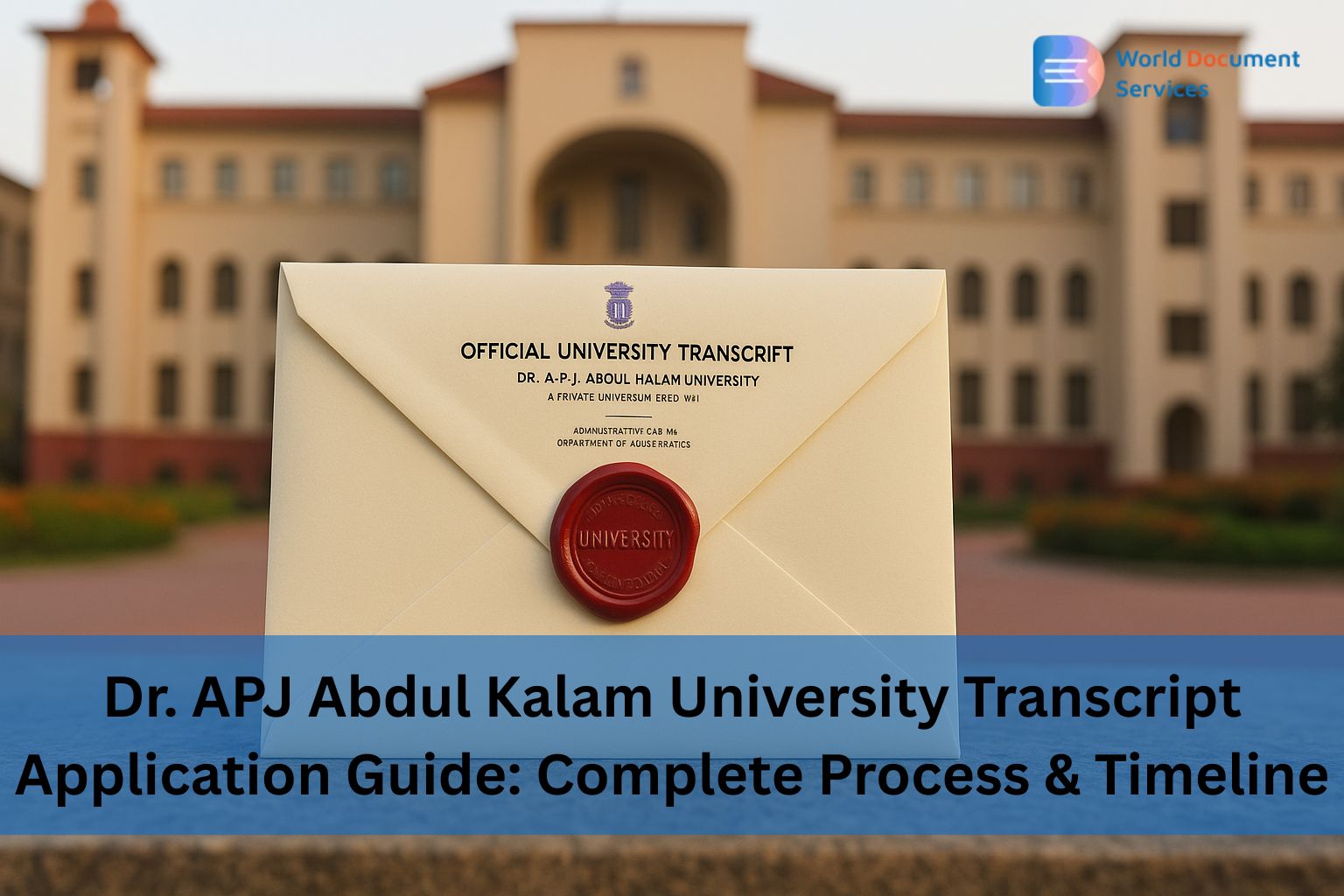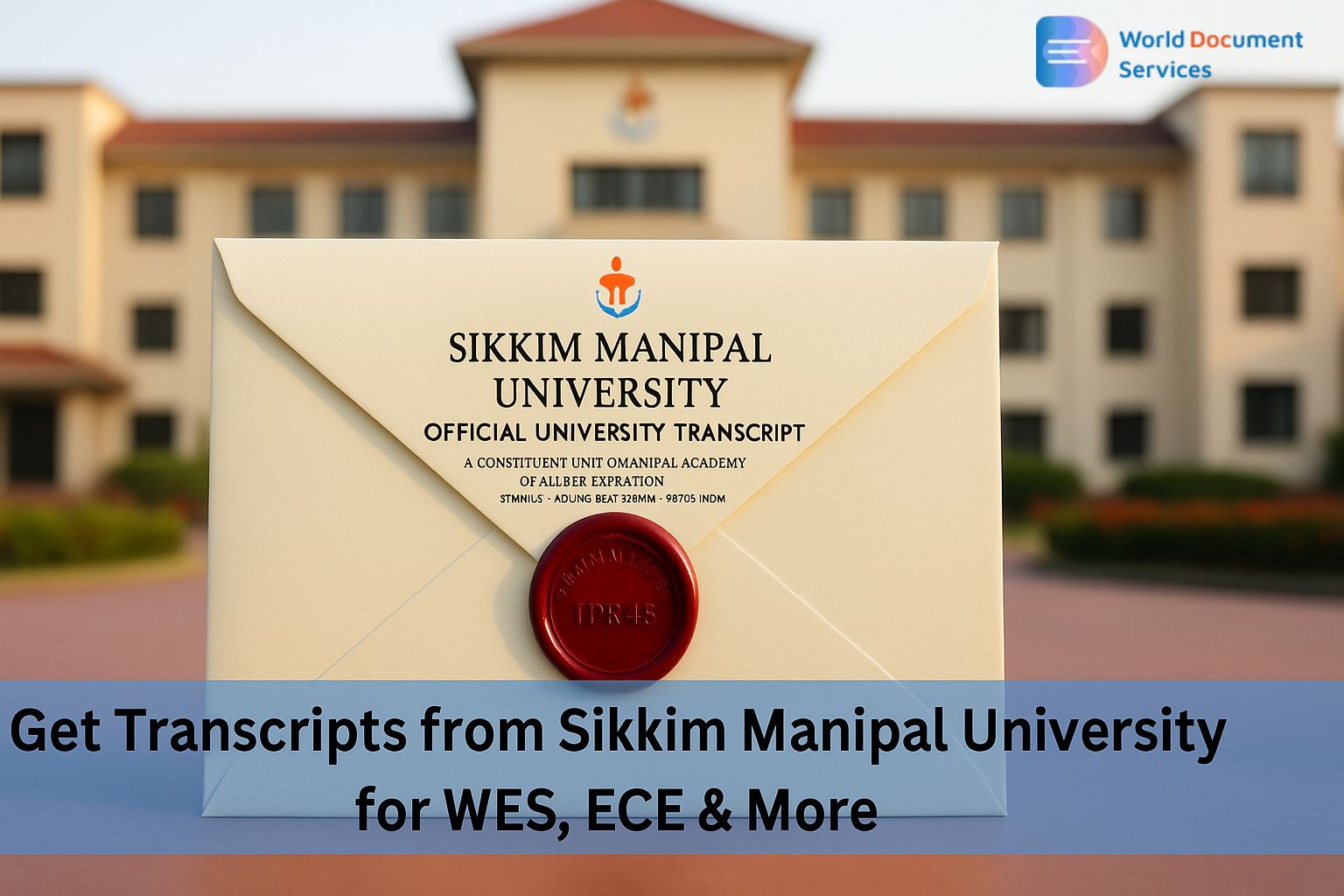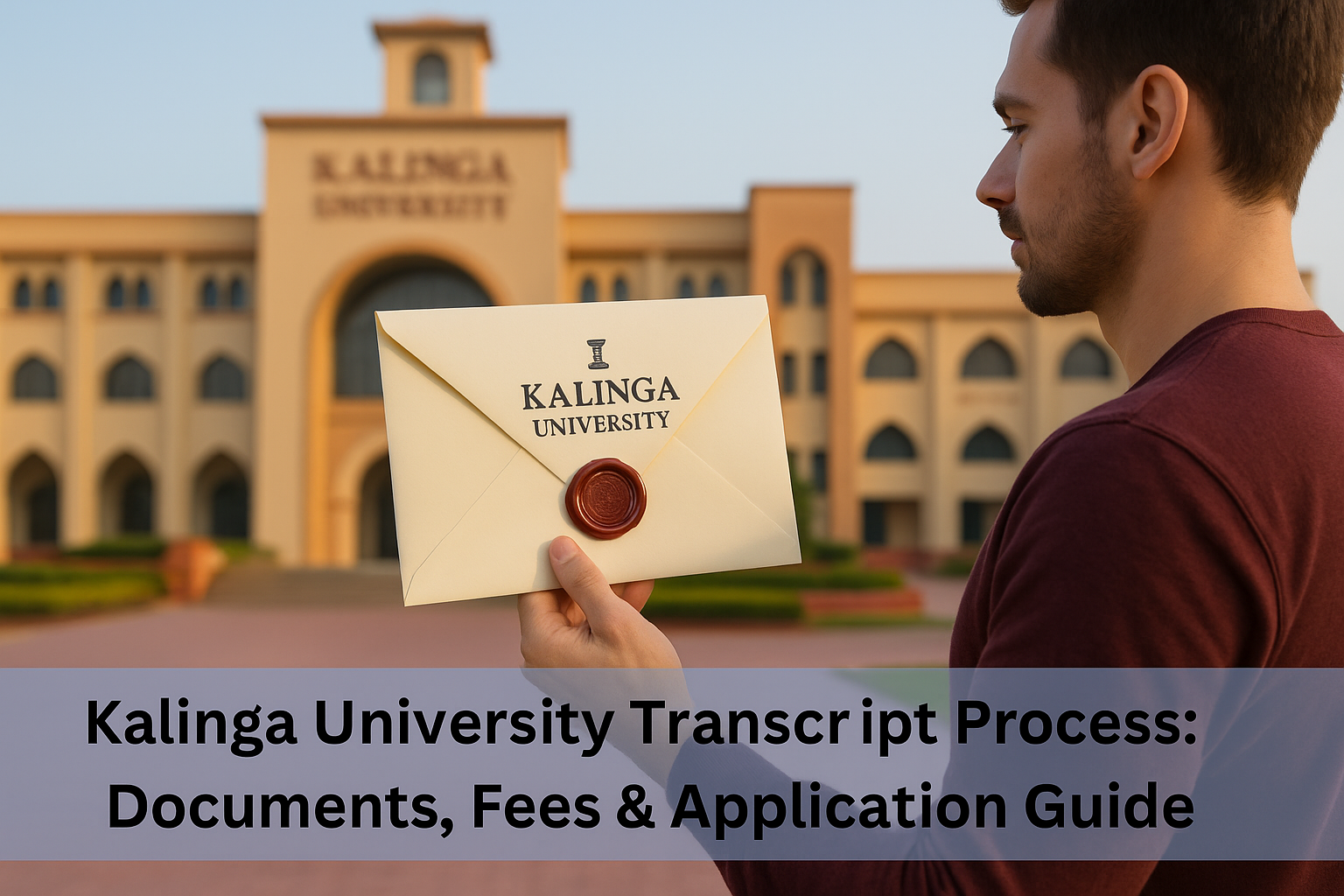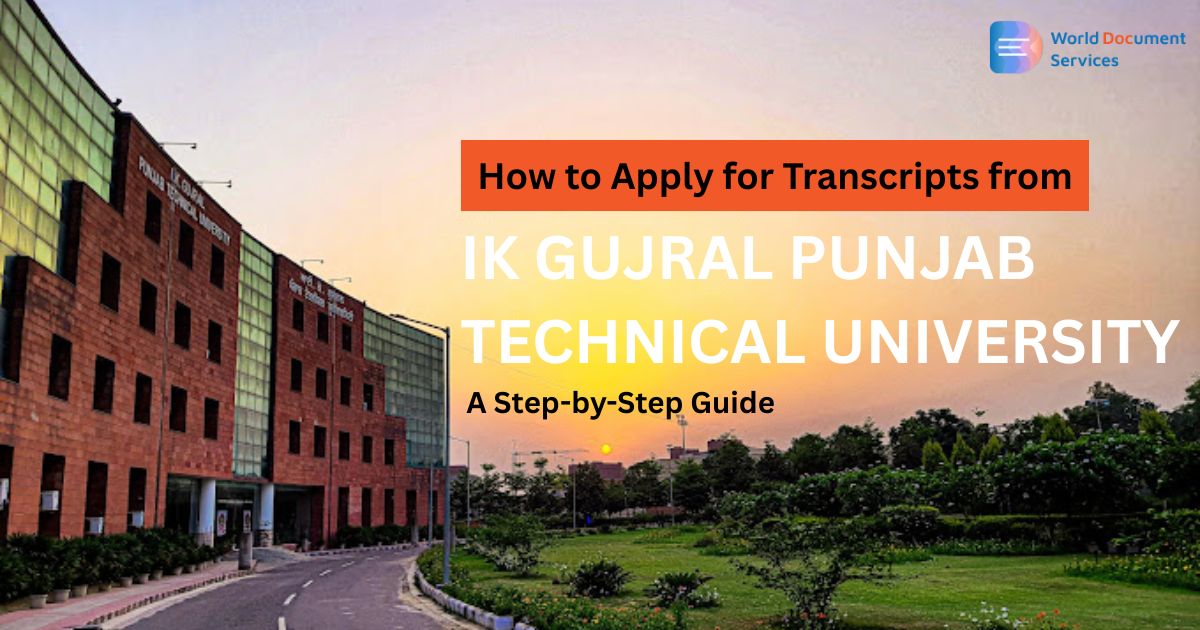Understanding Indian Document Attestation: An Overview
Indian document attestation is like a seal of credibility your documents need for studying abroad. Think of it as the education department giving your papers a thumbs up, saying they’re legit and ready for the global stage. It’s a critical box to tick off in your study abroad checklist. Usually, this process involves the Ministry of External Affairs (MEA) in India, confirming your documents are genuine. This badge of authenticity is crucial because it tells universities overseas that your certificates and records are not just real but recognized back home in India. So, what needs the stamp? Your academic certificates, personal identification documents, and sometimes even financial records. The process can feel like a maze with its different stages—starting from notary attestation, moving through state-level verification, and finally landing at the MEA. Each step is there to add layers of credibility. While it seems like a lot, getting your documents attested clears a major hurdle in making your dream of studying abroad a reality. Remember, without this green light, your documents might as well be invisible to foreign universities.
Need help with the Document Attestation Process? Contact Us Now!
The Role of Indian Document Attestation in Study Abroad Applications
Document attestation is a key step when you’re planning to study abroad. Think of it as sealing the deal on your paperwork, proving that what you’re submitting is legit. For students from India, this process is crucial for your study abroad applications. Without these stamps of approval, your documents might as well be just fancy paper.
Here’s how it works. The Indian government checks and confirms that your educational certificates and other documents are genuine. It’s their way of giving a thumbs-up to the authorities abroad, saying, “Yep, everything here checks out.” This step is important because schools and universities overseas want to make sure you are who you say you are, and that your qualifications are real.
Why bother, you ask? Well, without attested documents, your application might take a nosedive. It could be delayed, or worse, rejected outright. Imagine making all those plans, just to hit a wall because your paperwork wasn’t up to snuff. Not cool. Plus, in some places, it’s not just a nice-to-have; it’s a must-have for visa applications too.
So, before you dream of walking on foreign campuses, make sure your documents are attested. It might seem like a chore, but it’s a small step that unlocks big doors. Trust us, getting that stamp could make or break your study abroad journey.
Read more: Top 5 Tips for Hassle-Free Marksheet Verification for Indian Expatriates
Types of Documents That Require Attestation for Overseas Education
For heading overseas to study, not just any paperwork will do. Your documents need a stamp of approval, a nod that says, “Yes, this is legit.” This process is called attestation, and it’s crucial. Now, not every sheet of paper you’ve ever scribbled on needs this seal. But a handful do, and these are non-negotiable. First up, birth certificates. It’s proof you’re you. Then, academic records: your marks, degrees, diplomas. This tells them you’ve got the brains. Police clearance certificates are next. It’s essentially a note saying you’ve stayed out of trouble. Add to the list medical certificates, proving you’re in tip-top shape. And let’s not forget bank statements, showing you can foot the bill. These documents wearing the attestation badge mean business. They’re your ticket to making your study abroad dreams more than just wishful thinking.
The Process of Indian Document Attestation: Step by Step
Document attestation is crucial if you’re planning to study outside of India. It’s like the government giving a big thumbs up to your papers, saying they’re genuine. Let’s walk through the steps, so you know exactly what to expect. First, your documents go on a little trip to the Human Resource Department (HRD) of your state. They need to confirm that what you’ve got is legit – this is especially true for educational documents. Once the HRD stamps its approval, your papers are off to the Ministry of External Affairs (MEA). The MEA’s job is to give another layer of approval, showing that your documents are recognized at a national level. After the MEA does its part, if the country you’re planning to study in is part of the Hague Convention, you’re in luck. Your documents will need an Apostille, a type of sticker or stamp, which is an easier process. But if your destined study country isn’t part of this convention, you’ll need to visit the embassy of the country where you plan to study. They have the final say and will put their own stamp of approval on your documents. Remember, each step has its own waiting period and cost, so plan ahead and be patient. Getting all these stamps of approval might seem like a hassle, but it’s your gateway to studying abroad. Stick to it, and soon enough, you’ll be packing your bags!
Why Indian Document Attestation is Critical for Your Application
When you’re dreaming of studying abroad, each step you take must be precise and well thought out, and that includes the attestation of your documents. Indian document attestation stands as a crucial phase in your study abroad application process. This procedure confirms the authenticity of your documents. Essentially, it’s the government’s way of giving a thumbs up, saying, “Yes, these documents are legit.” Why does this matter, you ask? Without this stamp of approval, your dream universities abroad might as well consider your application incomplete or, worse, invalid.
Here’s the thing – universities want to make sure the documents they receive are the real deal. They need proof that your certificates, whether academic or personal, haven’t been tampered with. Attestation seals that deal. It’s more than just a formality; it’s an assurance. And let’s not forget, it’s not just about the universities. Countries have strict policies about who enters their borders for education. That visa you’re aiming for? Its approval heavily leans on the credibility of your attested documents.
Bottom line, skipping or overlooking the attestation process could be the barrier standing between you and your study abroad goals. It’s not just a step; it’s a foundational requirement. Take it seriously because, without it, your application won’t even get off the ground. Don’t see it as a hurdle. See it as the very bridge that connects you to your dreams of studying abroad.
Common Misconceptions About Indian Document Attestation
Many people get tangled up in myths when it comes to Indian document attestation, unnecessarily stressing out. First off, let’s bust a big myth: it’s not a never-ending process. Yes, it does take some time — usually a few weeks — but with the right preparation, you won’t be waiting forever. Another misconception is that attestation is only for those aiming for jobs abroad. Wrong. If you’re planning to study outside India, your educational documents need attestation too. It’s a way of verifying the authenticity of your documents. Also, some think this process costs a fortune. While there are fees involved, they’re not exorbitant. It’s important to check the current rates from official sources or service providers for a ballpark figure. Lastly, there’s a belief that only government agencies can do attestation. Not true. There are authorized agencies that can expedite the process, saving you trips to government offices. Clearing up these misconceptions can save you a lot of headache and streamline your preparations for studying abroad.
How to Prepare Your Documents for Attestation: Tips and Tricks
Getting your documents attested is like putting a seal of trust on them. It tells the authorities abroad that your paperwork is legit, making your study application smoother. Let’s cut to the chase. Here’s how you can prep your documents for attestation without a hitch. First, gather all necessary documents – your diplomas, transcripts, and IDs. Everything that proves you are who you say you are. Next, check the specific requirements of the country you’re applying to. Each place has its quirks, trust me. Now, get photocopies of everything. Authorities often need both the original and a copy. Keep them neat, no coffee stains or dog ears. Then, find out where to take these papers. Often, it’s the Ministry of Education or External Affairs in India. Sometimes, you might also need a nod from the embassy of the country you’re aiming for. Lastly, patience is your best friend here. Attestation can take time, and last-minute rushes are your enemy. Plan ahead, double-check your list, and you’ll sail through without breaking a sweat. Remember, a smooth beginning makes for an easy journey ahead.
Navigating Challenges: Delays and Issues in the Attestation Process
When you’re planning to study abroad, especially in countries from the Middle East, attestation of your Indian documents is a must. This step proves your documents are legit. But it’s not always smooth sailing. Let’s talk about the bumps you might hit along the way. First off, the timeline. Attestation can take longer than you think. Sometimes, it’s a few days; other times, it’s weeks or even months. Why? It might be because of backlog, errors in your paperwork, or just slow processing times. So, start early. Then there’s the risk of your documents getting lost. Yes, it happens. To avoid this nightmare, always use reputable courier services or directly deal with the attestation offices if possible. Also, keep copies of everything. Confusion about where to go and what to do next is common too. Different documents may need to go to different places for attestation – the HRD (Human Resource Development) department, the MEA (Ministry of External Affairs), and sometimes even the embassy of the country you’re planning to study in. It turns into a maze quickly. Lastly, costs can fluctuate wildly. Apart from the official fees, there might be extra charges for expedited services or courier fees. And if you’re doing it from a different city, add travel and accommodation costs to that list. All these challenges mean you’ve got to plan well. Give yourself plenty of time, know the process, and maybe even get a professional to help out. It’s a bit of a hassle, but getting it right is critical for your study abroad journey.
Attestation Services: DIY vs. Professional Agencies
Handling document attestation for studying abroad can feel like navigating a maze. You’ve got two paths to choose from: Do It Yourself (DIY) or hiring professional agencies. Let’s break it down. Going DIY means you’re taking on the task yourself. It’s cheaper upfront but can be time-consuming and a bit tricky. You need to know exactly which documents to attest and where to go for each type of attestation. This route demands a good chunk of your time and patience, especially dealing with government offices and understanding their requirements. On the flip side, professional agencies exist to make life easier. Sure, they charge a fee, but they know the ins and outs. These agencies can save you a hefty amount of time and ensure your documents are attested correctly, meeting the specific requirements of the country where you plan to study. They’re like navigators in the attestation maze, steering you clear of common pitfalls. In deciding between DIY and professional help, weigh your time against the cost. If you’re tight on time or prefer assurance that everything’s handled correctly, professional agencies are worth considering. But if you’re on a budget and have time to spear, DIY could be your lane. Whichever route you choose, remember the goal: correctly attested documents to smooth your study abroad journey.
Read more: Comparing Educational Systems: Understanding Credential Evaluations
Impact of Attestation on Your Study Abroad Journey: A Summary
Indian document attestation is a big deal when you’re planning to study abroad. Think of it as a seal of approval. It tells foreign universities that your documents are legit – a green flag, so to speak. Without it, your application might as well be invisible. This process makes sure everything from your degree to your birth certificate is recognized internationally. Without attestation, you can hit a major roadblock on your study journey. It’s like showing up to a border without a passport. Countries and universities abroad need this assurance to let you in, academically speaking. So, getting your documents attested is not just a formality; it’s a crucial step in turning your dream of studying abroad into reality. Remember, it’s all about making a smooth transition to your new academic life. A little effort here can save you a world of hassle later.
















 Call Us
Call Us Mail Us
Mail Us WhatsApp
WhatsApp
